Not only does the IEEE Standards Association (IEEE SA) identify viable areas for standards creation, establish expertise in those areas and then create, publish and distribute standards around the world, it also works to help aid market adoption of those standards. A workshop series to explore the evolution of IEEE 1547™, IEEE Standard for Interconnecting Distributed Resources with Electric Power Systems, is a perfect example of such post-standardization activities.
With global energy demand climbing and governments at various levels legislating incremental conversion to “green” power, it’s clear that renewable energy sources will play a significantly greater role in the energy landscape. Large-scale renewables such as commercial wind farms and small-scale, distributed energy resources (DER) alike figure to factor more and more prominently in the worldwide energy-supply equation. IEEE 1547 is a widely adopted standard addressing the performance, operation, testing, safety considerations and maintenance of a grid interconnection. The U.S. National Institute of Standards and Technology (NIST), in fact, has identified IEEE 1547 in its “Framework and Roadmap for Smart Grid Interoperability Standards.”
Growing out of a U.S. Department of Energy solicitation of IEEE to craft a national standard for interconnection technical requirements, the base IEEE 1547 standard was initially approved in 2003. The standard is regularly revised through the IEEE SA, and the U.S. Federal Energy Regulatory Commission (FERC) coordinated a workshop in Washington in 2017 to update regulatory and utility professionals on a forthcoming round of revisions.
About 80 people attended, and, out of that success, a schedule of similar events took root and flourished organically. Minnesota, Washington, and Kentucky, as well as the North American Electric Reliability Corporation (NERC) in Atlanta, each conducted workshops in the last two years. For example, at the Minnesota workshop, officials from the Electric Power Research Institute (EPRI), National Renewable Energy Laboratory (NREL) and NERC—as well as IEEE—presented. Attendees learned how IEEE 1547 will help standardize “smart DERs” and accelerate state of the art and how the specification of test and verification requirements is defined in IEEE 1547.1™, IEEE Standard Conformance Test Procedures for Equipment Interconnecting Distributed Resources with Electric Power Systems.
“After Minnesota Public Utilities Commission staff attended the (FERC) IEEE 1547 workshop in 2017, we knew we wanted to repeat that level of education in Minnesota for our utility, customer and DER industry stakeholders as part of the statewide interconnection standards update,” said Michelle Rosier, distributed energy resources specialist with the Minnesota Public Utilities Commission. “IEEE 1547 underwent a substantive update in 2018 to address the challenges of increasing levels of DERs (including potential impacts to regional grids) and the capabilities of changing technologies (including advanced inverters). The work IEEE and its members do to educate public utility commissions and stakeholders about standard development is tremendously beneficial and a critical step in standards implementation.”
Similarly, Rick Bender, executive director of the Kentucky Office of Energy Policy, described the IEEE workshop in his state as “one way to provide an understanding of new technical standard requirements for interconnecting distributed energy resources with electrical power systems, and for in-depth discussions with national experts.”
“In the past several years the increased adoption of distributed resources, such as roof-top solar panels, presents new challenges and opportunities to the input and output of electricity, including quality, reliability and distribution to the power grid,” Mr. Bender said. “These challenges require new standards to ensure customers receive electric services without interruption and at an affordable cost and that these resources are leveraged for the betterment of the system including enhanced resilience.”
Videos from the workshop series are available for purchase. Also, IEEE has fielded inquiries about staging similar events in other markets—and not just in the United States, as IEEE 1547 is a globally applicable resource for DER interconnection.
Activities such as the IEEE 1547 workshop series are one of the ways the IEEE SA aids market education and adoption of its global standards—and ultimately deliver on its mission of Advancing Technology for Humanity.


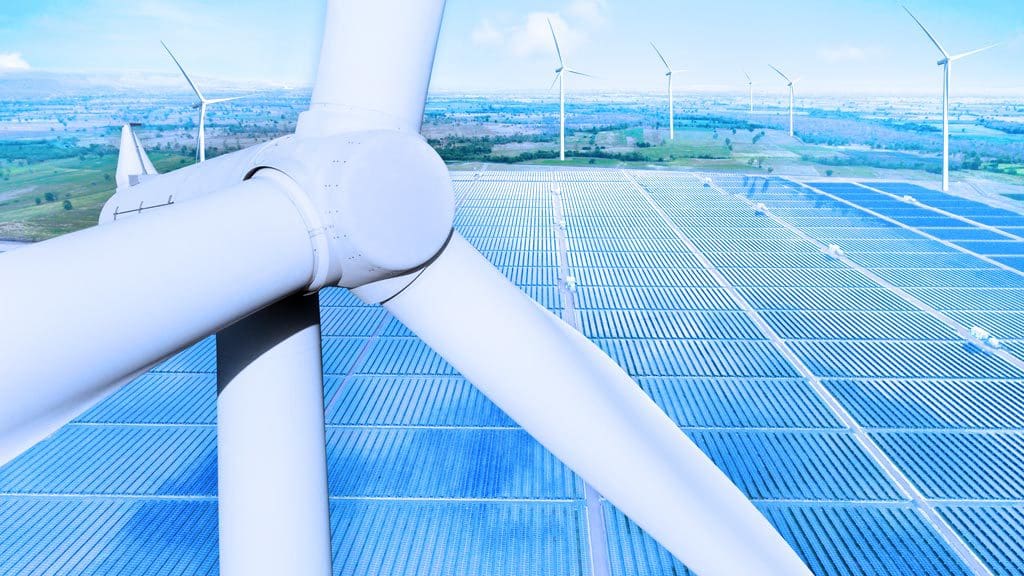
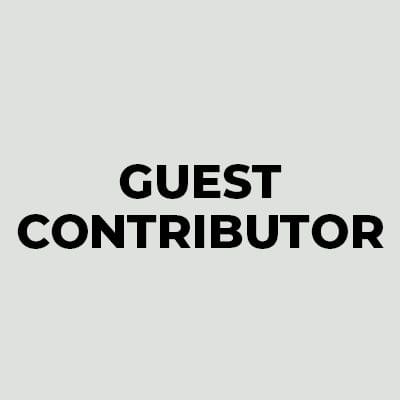
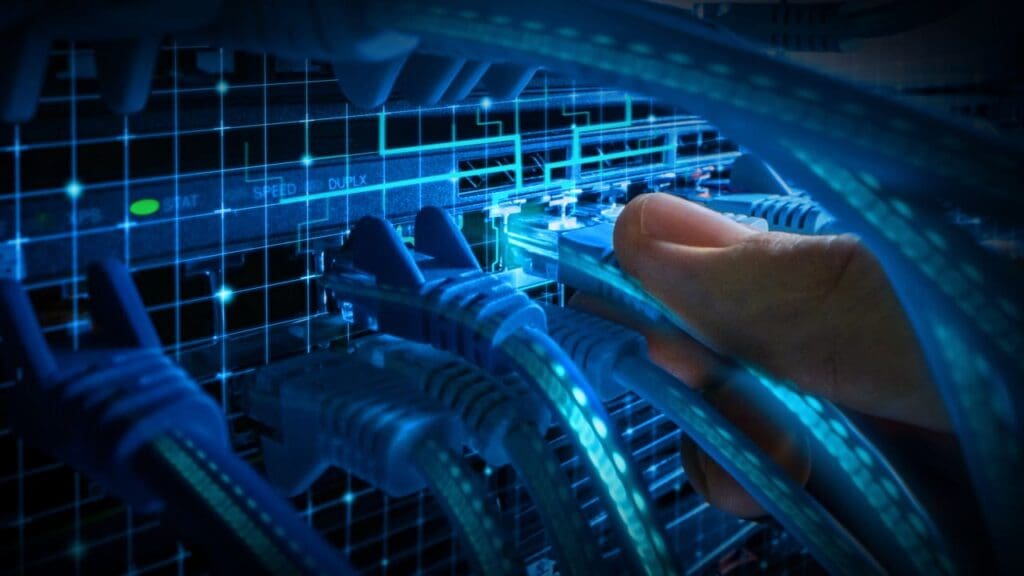
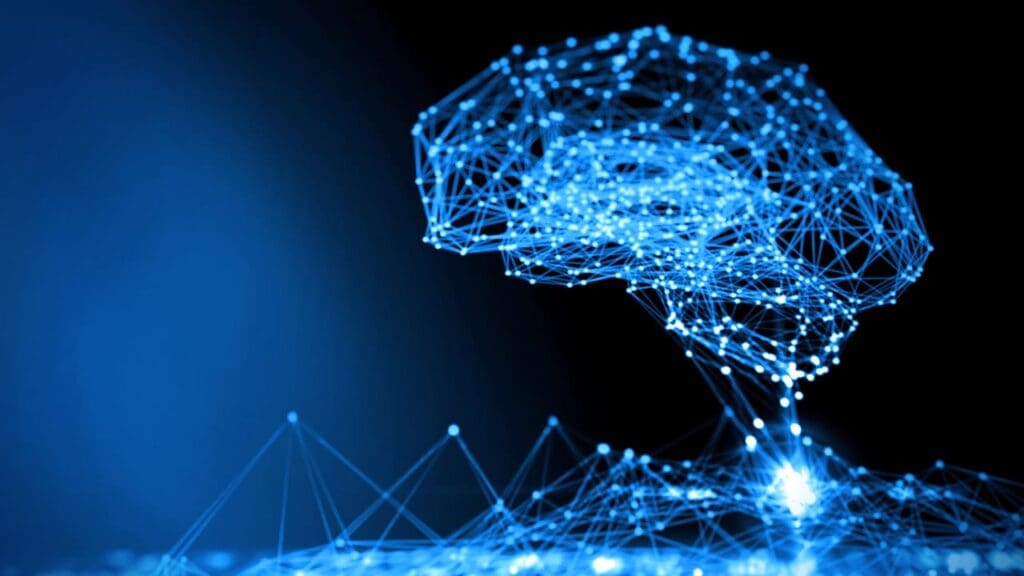
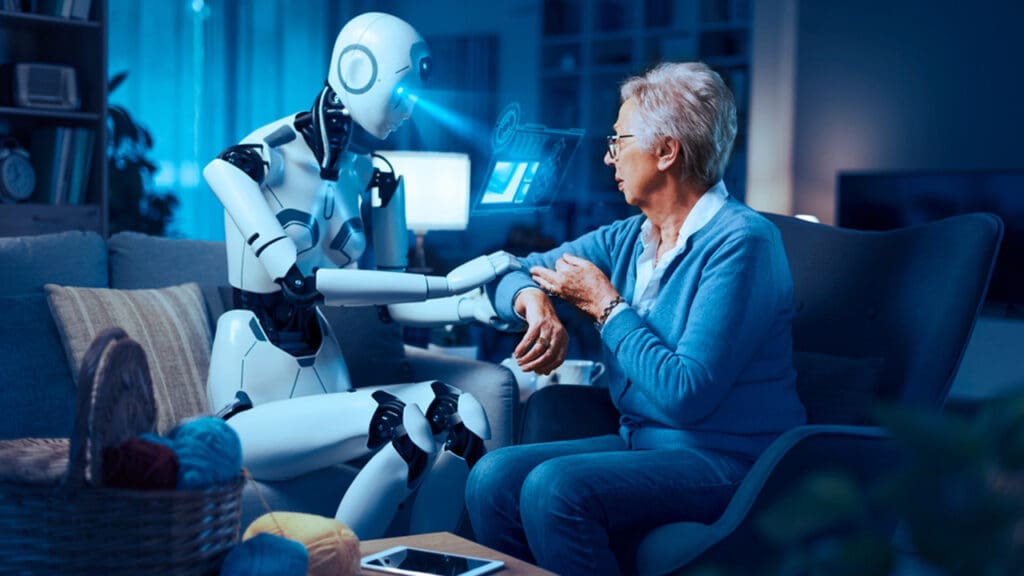



This is a great thing considering an increased need for energy and ecological safety at the same time.